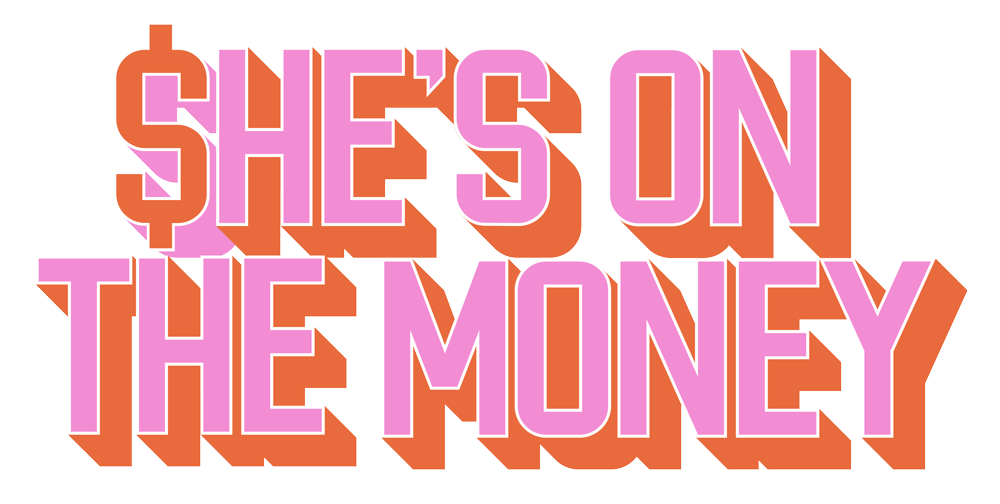What to do when you lose your wallet
So you’ve lost your wallet. Maybe you had a big night out and woke up bagless or perhaps you’ve just misplaced your purse and can’t find it anywhere. No matter the circumstance, realising you’ve lost your wallet will always leave you in a panic.
While it’s not ideal, there are a few things you can do to make sure your lost wallet is nothing more than an inconvenience.
Here are our top tips to help safeguard your finances (and your identity) the next time your wallet goes missing.
BLOCK YOUR BANKCARD ASAP
First thing’s first, we need to protect your identity. The first step in that process is to immediately block your bankcards which you can either do via your banking app, via your bank’s website or by chatting to them on the phone/ in person at their branch. This means if someone has access to your cards, they can’t just tap and go, draining your hard-earned funds without your consent. As soon as you realise your wallet is lost, we recommend you jump on this - if your wallet turns up you can just make the call and reactivate the card. If for whatever reason you can’t seem to block the card, we’d recommend transferring all of the money out of that card and into an account that the card isn’t linked to.
CHECK IN WITH THE POLICE
Inform the police of your lost belongings so they can return your lost goods to you. While some who find a wallet might keep it to themselves, there are many Good Samaritans who will make their way to the nearest police station to hand it in.
Obviously this isn’t quite an emergency (although at times it can feel that way) so instead of dialling 000, lodge a report at your state’s police website or call your local police department for steps on what action to take. Not only does this process mean if your goods are handed in they’ll be returned, but it also means if your card is used when it’s lost that it can be used as evidence to dispute any future credit charges.
THINK ABOUT REPLACEMENTS
Your wallet likely contained your Medicare card, your licence, your public transport card and more. It’s a good idea to have a think about exactly what was in the wallet and then prioritise what you’ll need replaced the soonest. If you’re a driver, your licence is very important, so get in touch with your state’s Vic Roads equivalent and organise a replacement. They will issue you with a temporary licence you can use until your new licence comes in the mail. Organising a new bankcard is also crucial, so hop on that quickly too. From there, work on replacing everything else that was lost by going directly to the institution it was issued from.
KEEP TABS ON YOUR CREDIT SCORE & BANKING BEHAVIOURS IN THE FUTURE
Regularly check your credit score for 6-12 months afterwards to make sure that no new enquiries have been made and keep an eye on your bank statements to ensure no strange purchases have been made in your name. If they have, contact your financial institution immediately.
In terms of preparing for the next time this may happen, here are a couple of ideas:
1) Cull the cards you don’t need - just keep what you use every day.
2) It takes a bit of organisation, but photocopy all of the docs in your wallet and keep them on file, updating as need be.
3) Write a list of all of your direct debits that come out of your card - you don’t want to be stung with late fees for missing payments on a cancelled card, so think about what is debited from that card and provide your relevant providers with your new details as soon as possible.

